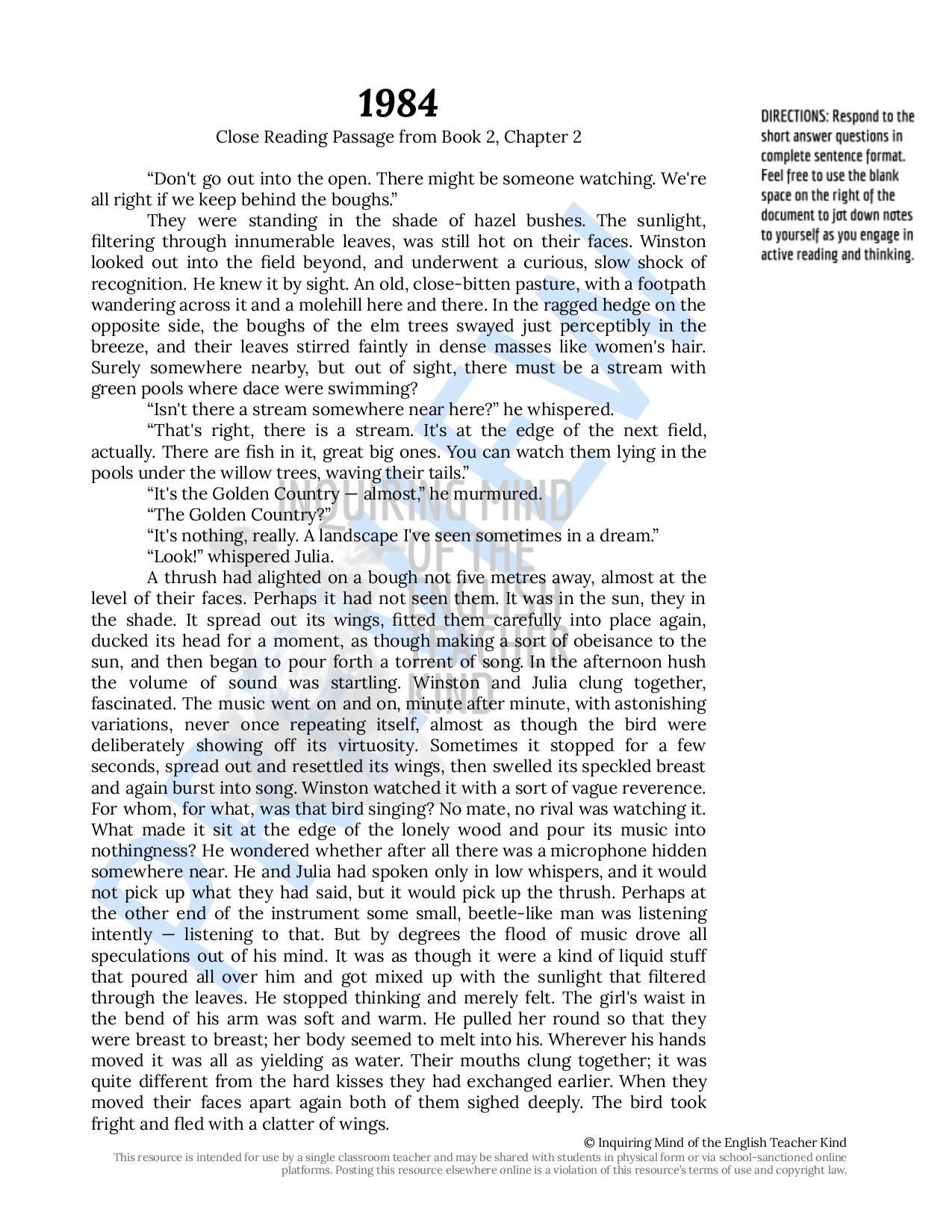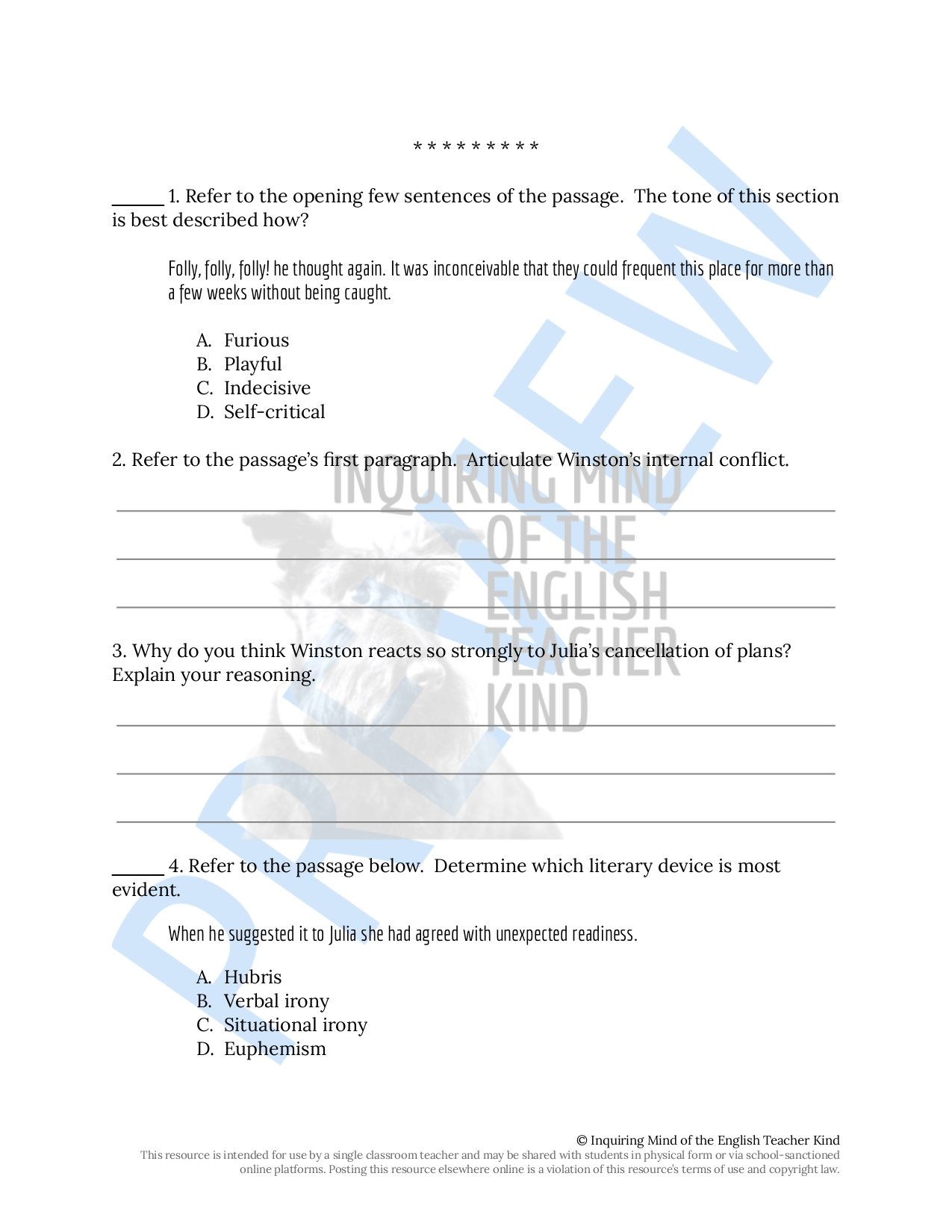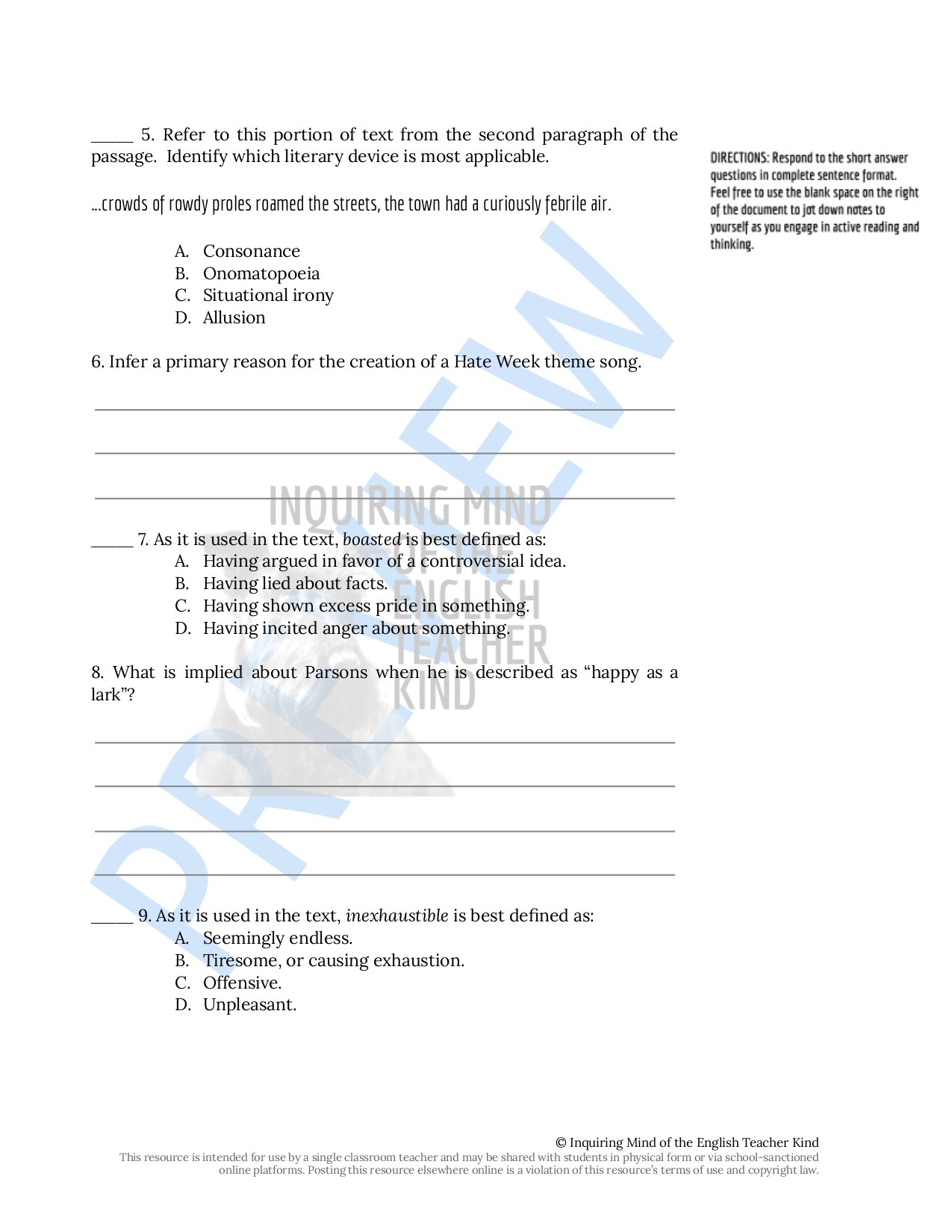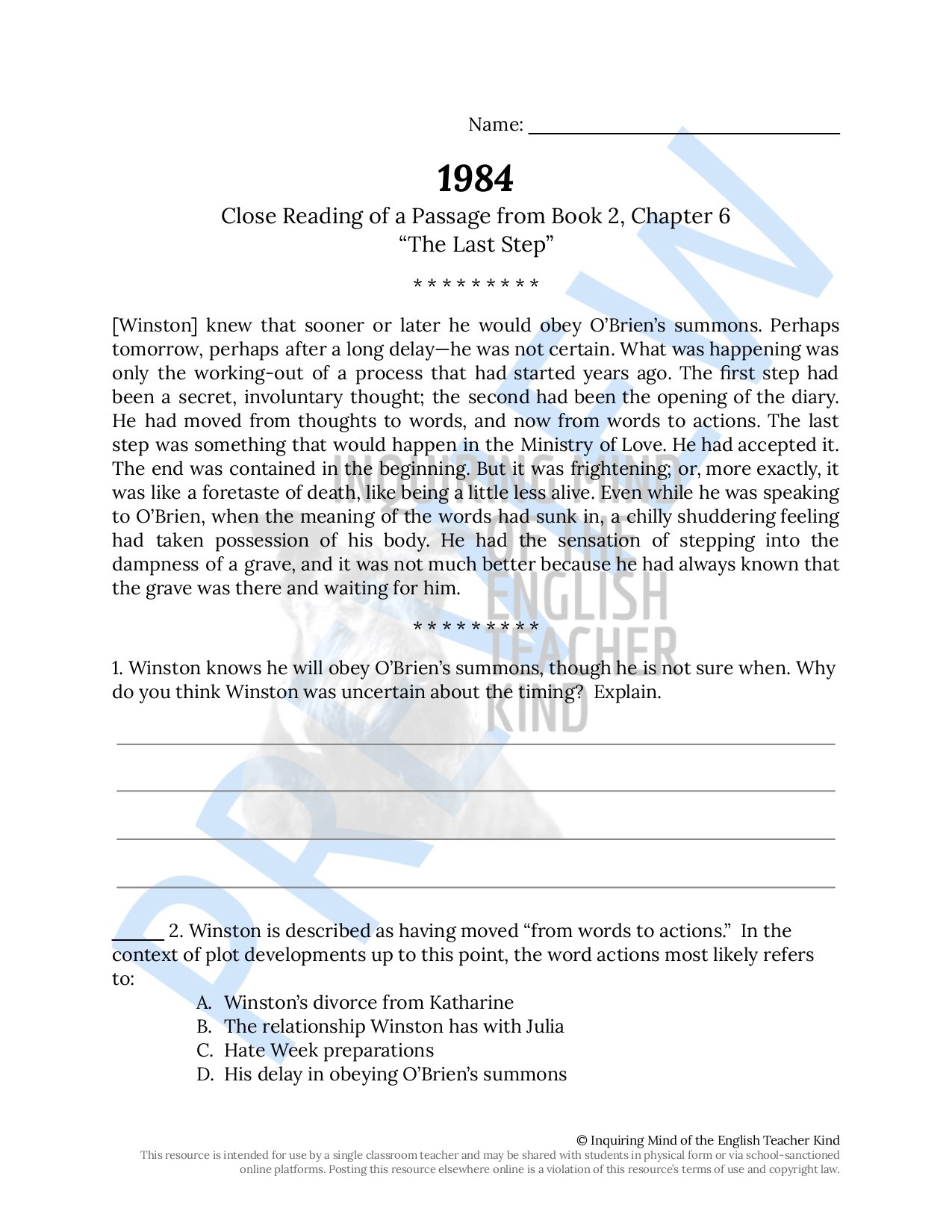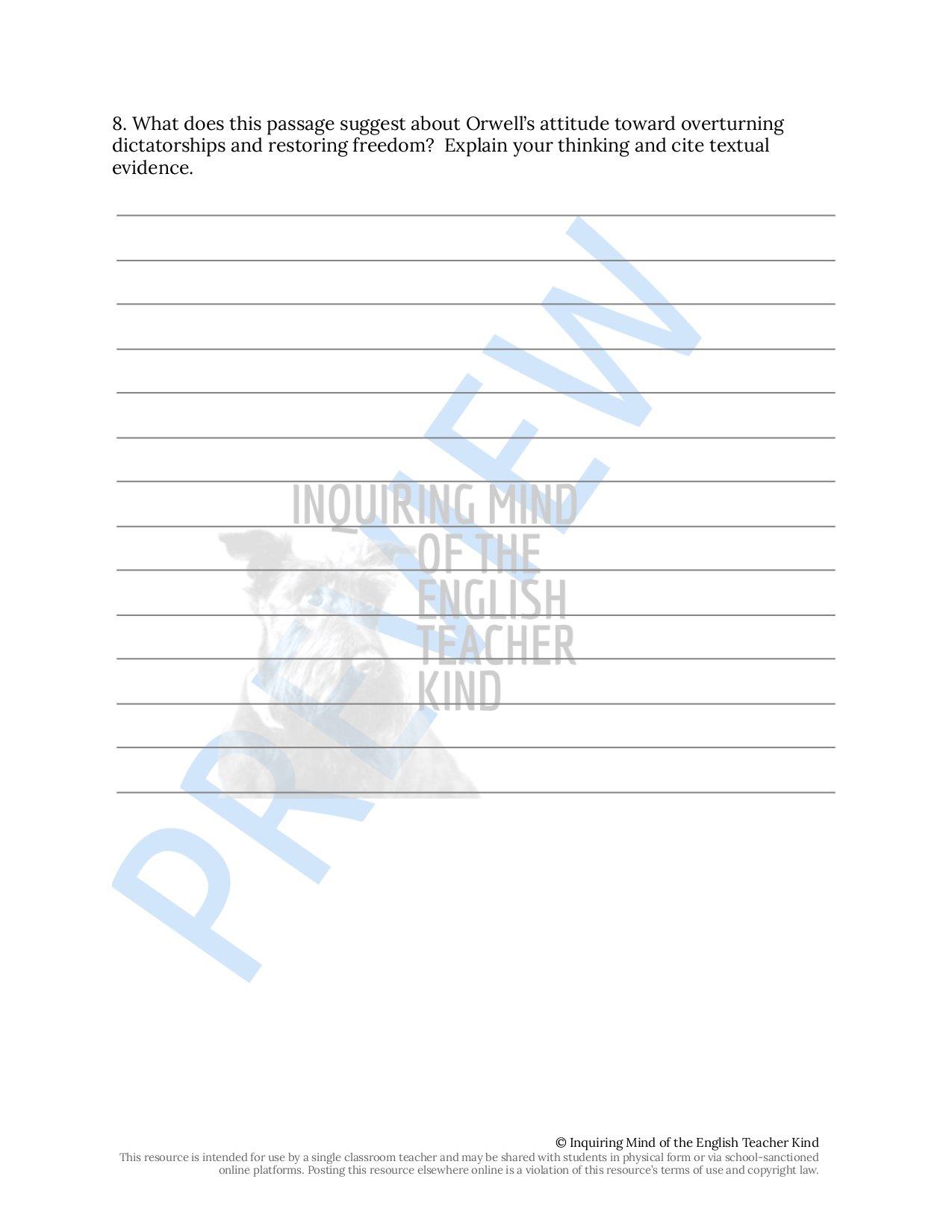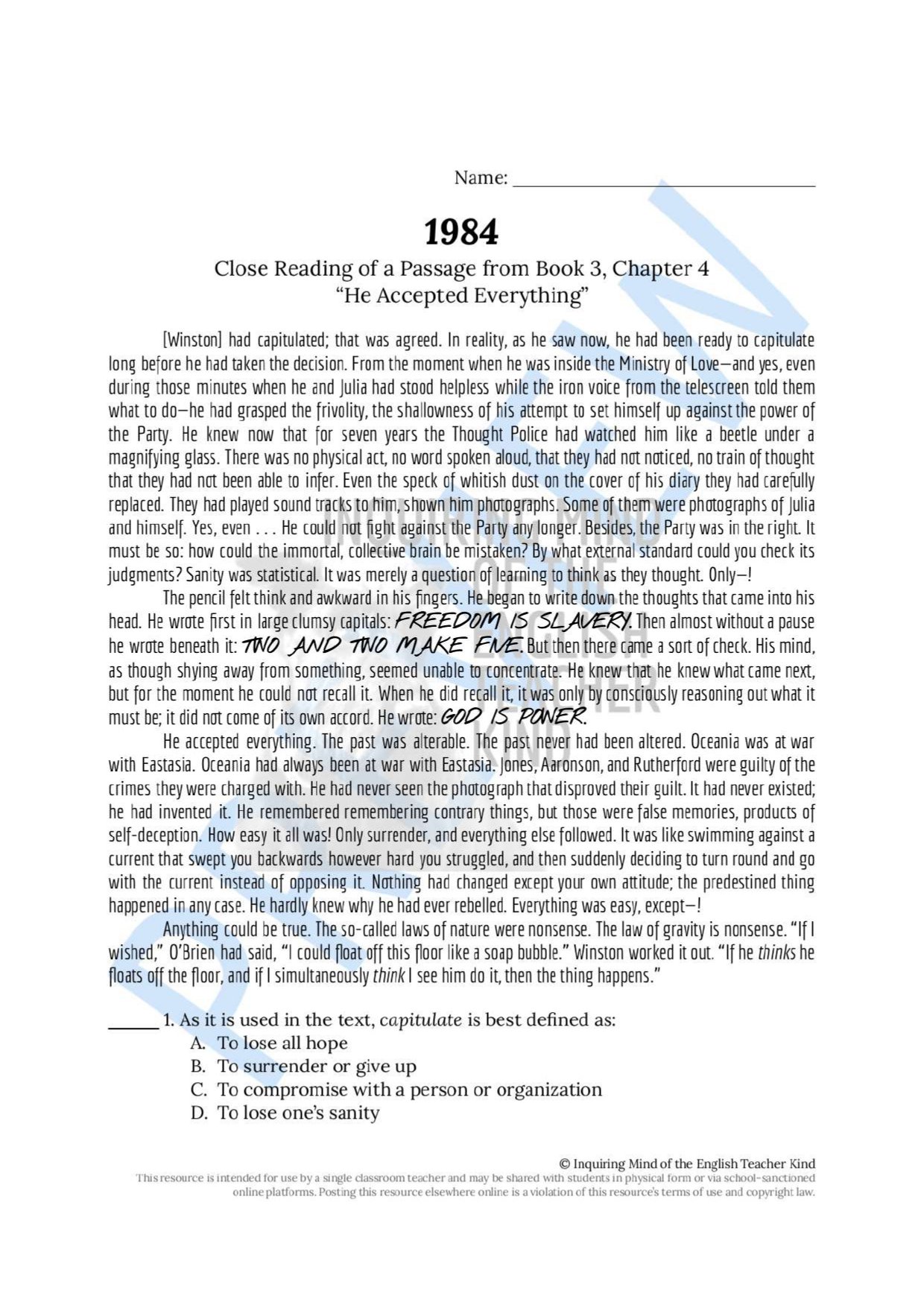 Image 1 of 36
Image 1 of 36

 Image 2 of 36
Image 2 of 36

 Image 3 of 36
Image 3 of 36

 Image 4 of 36
Image 4 of 36

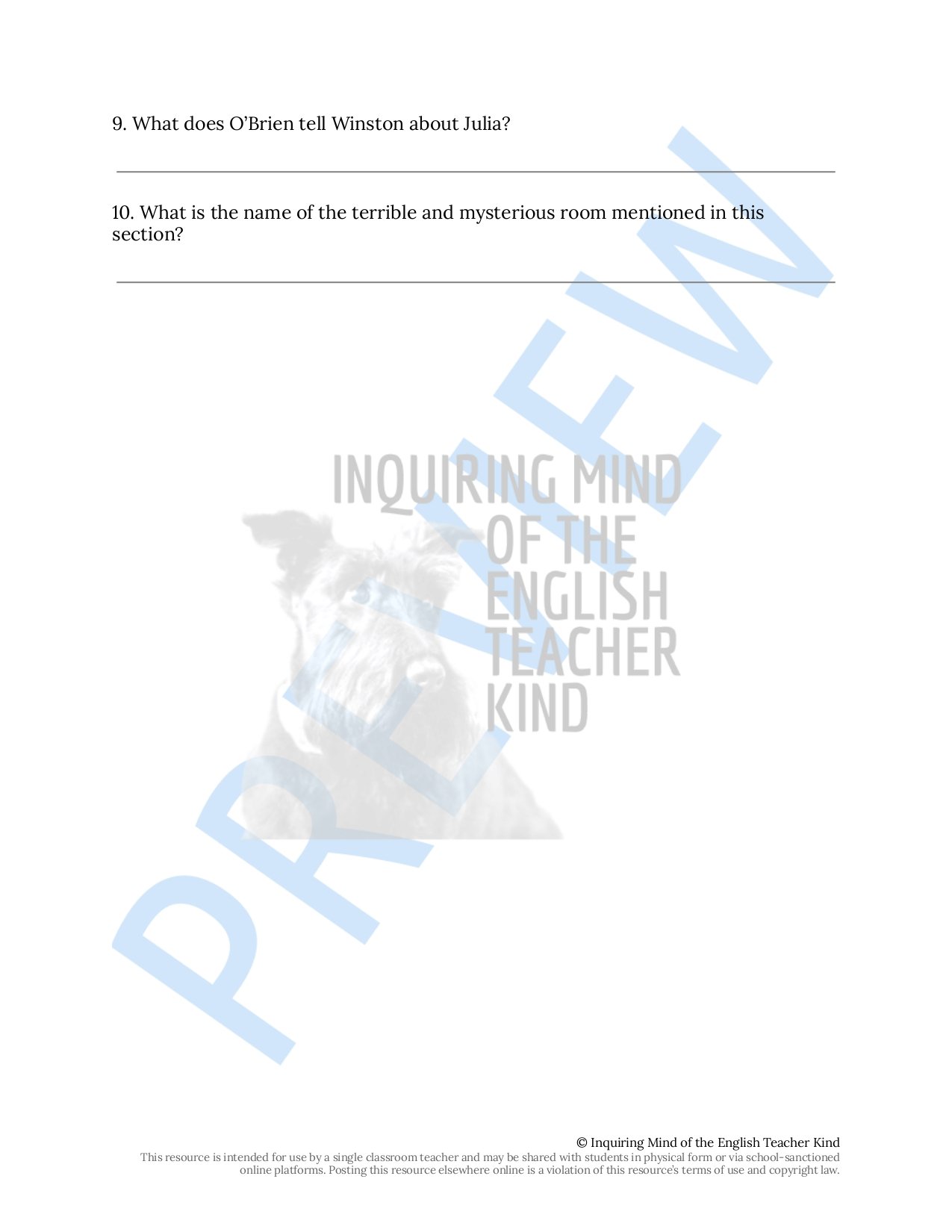 Image 5 of 36
Image 5 of 36

 Image 6 of 36
Image 6 of 36

 Image 7 of 36
Image 7 of 36

 Image 8 of 36
Image 8 of 36

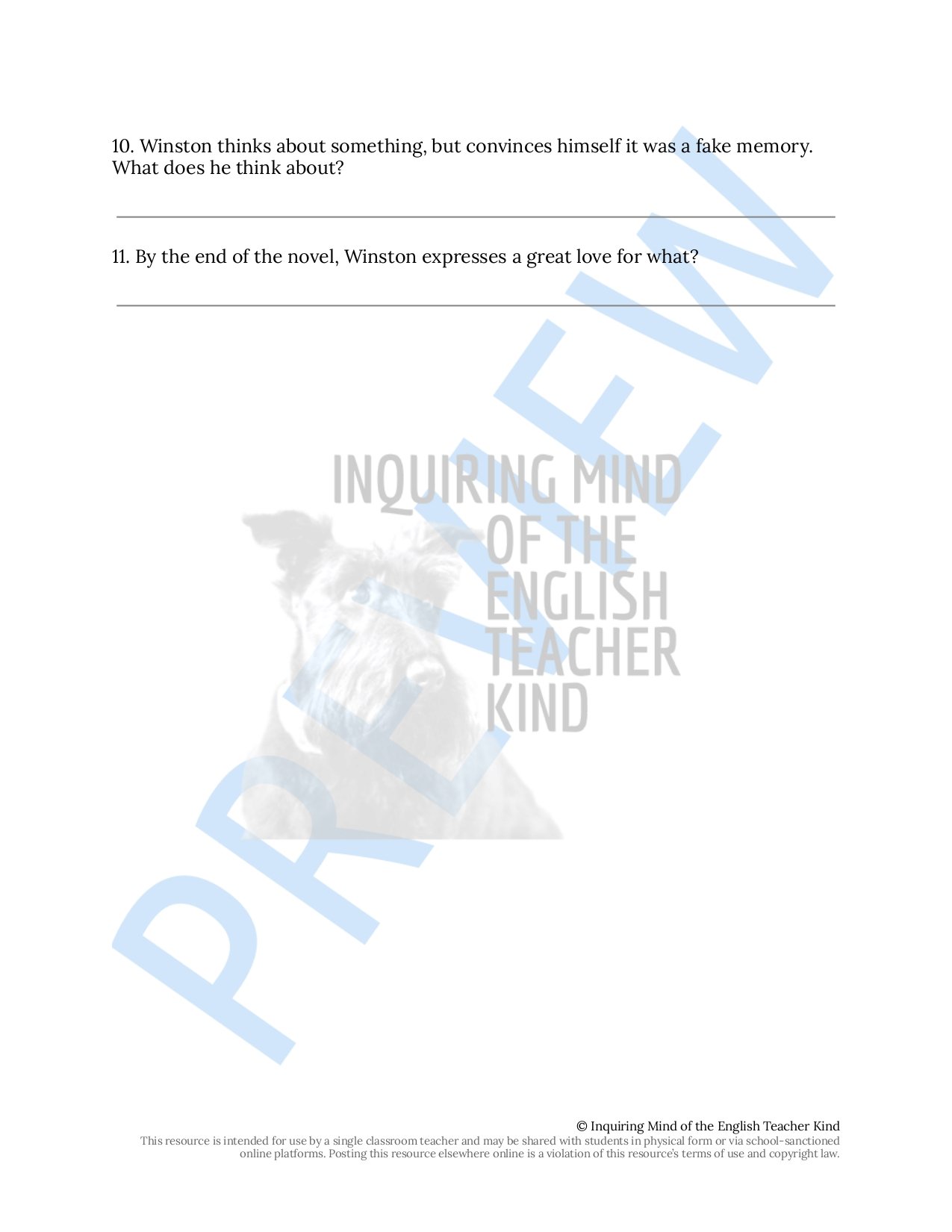 Image 9 of 36
Image 9 of 36

 Image 10 of 36
Image 10 of 36

 Image 11 of 36
Image 11 of 36

 Image 12 of 36
Image 12 of 36

 Image 13 of 36
Image 13 of 36

 Image 14 of 36
Image 14 of 36

 Image 15 of 36
Image 15 of 36

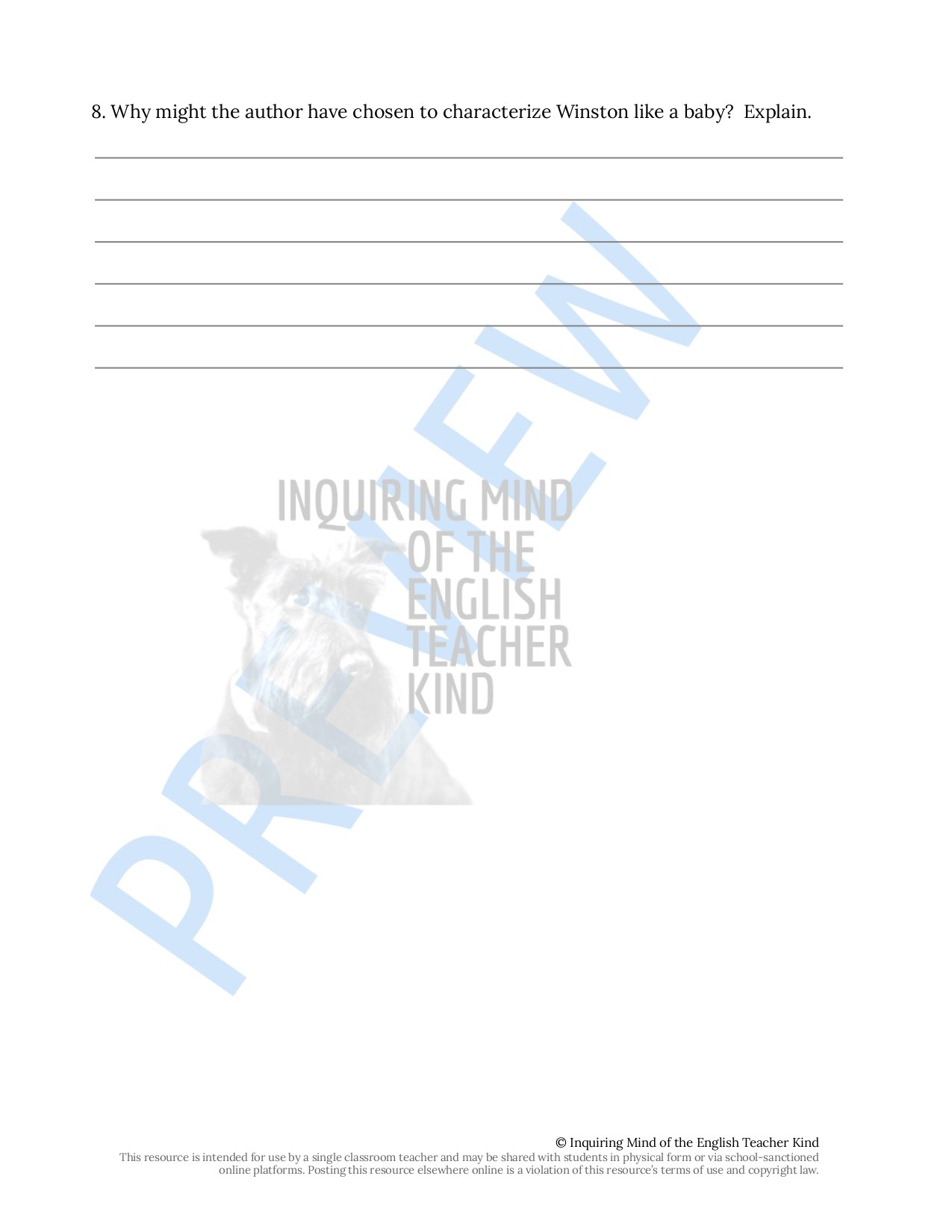 Image 16 of 36
Image 16 of 36

 Image 17 of 36
Image 17 of 36

 Image 18 of 36
Image 18 of 36

 Image 19 of 36
Image 19 of 36

 Image 20 of 36
Image 20 of 36

 Image 21 of 36
Image 21 of 36

 Image 22 of 36
Image 22 of 36

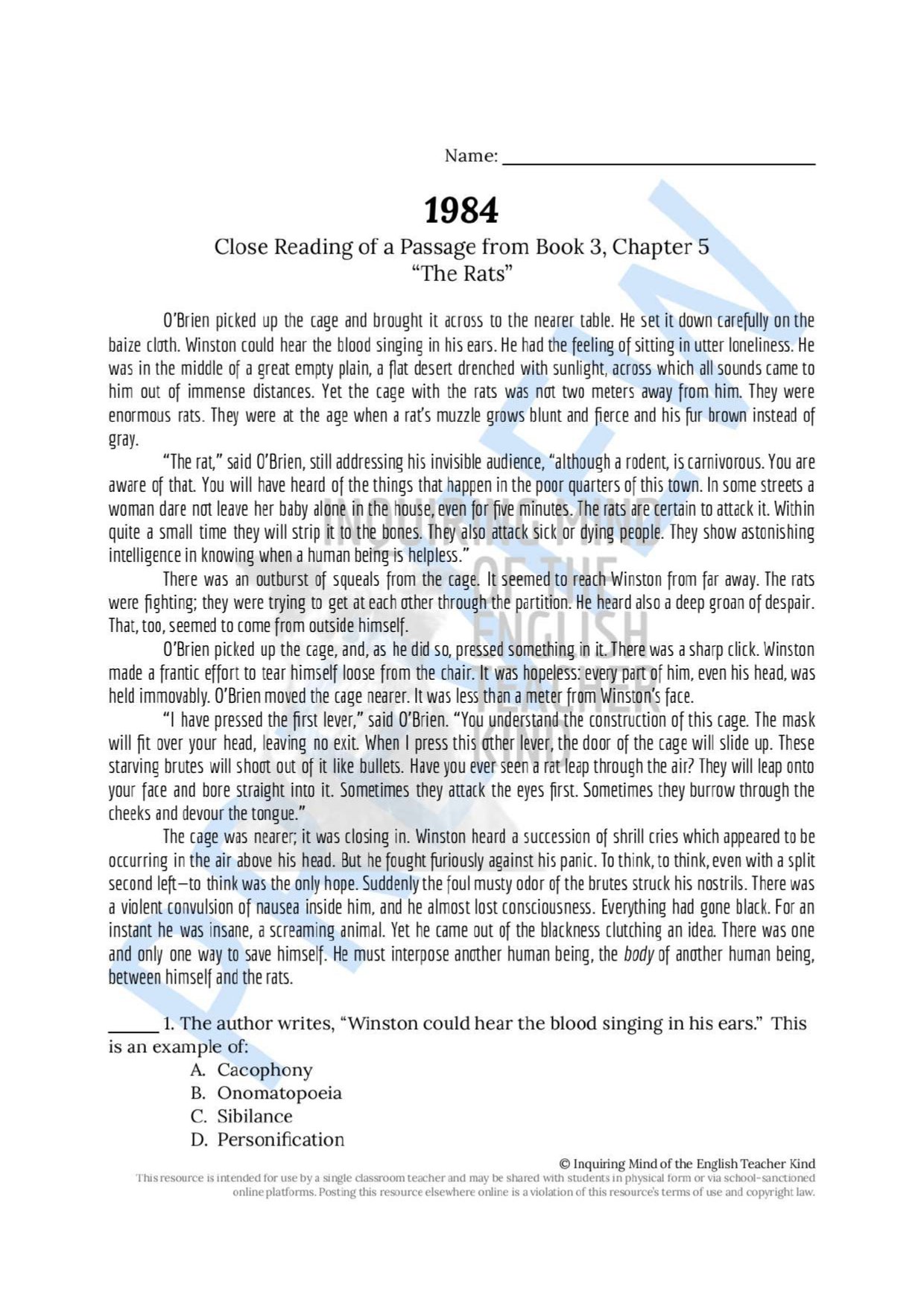 Image 23 of 36
Image 23 of 36

 Image 24 of 36
Image 24 of 36

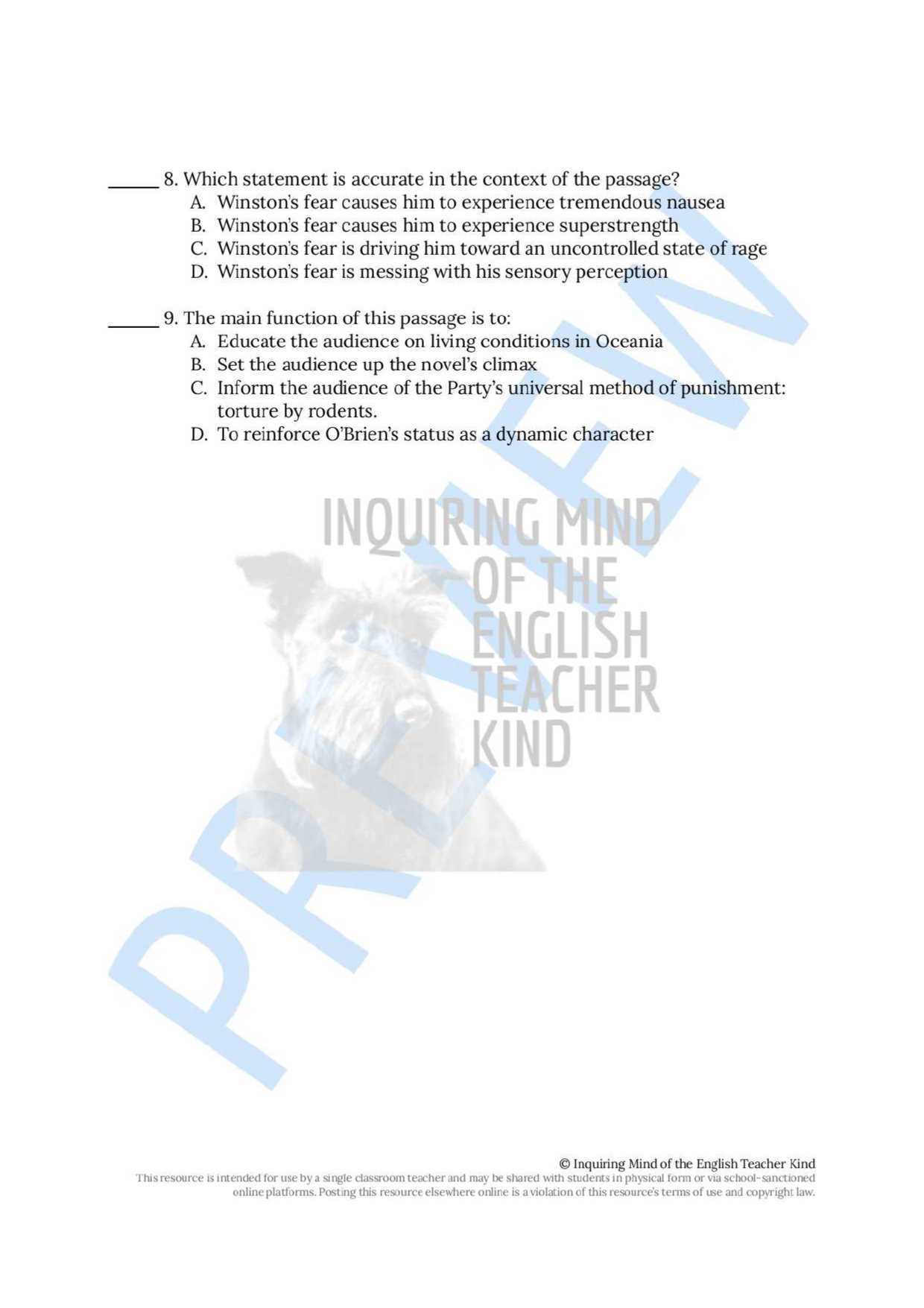 Image 25 of 36
Image 25 of 36

 Image 26 of 36
Image 26 of 36

 Image 27 of 36
Image 27 of 36

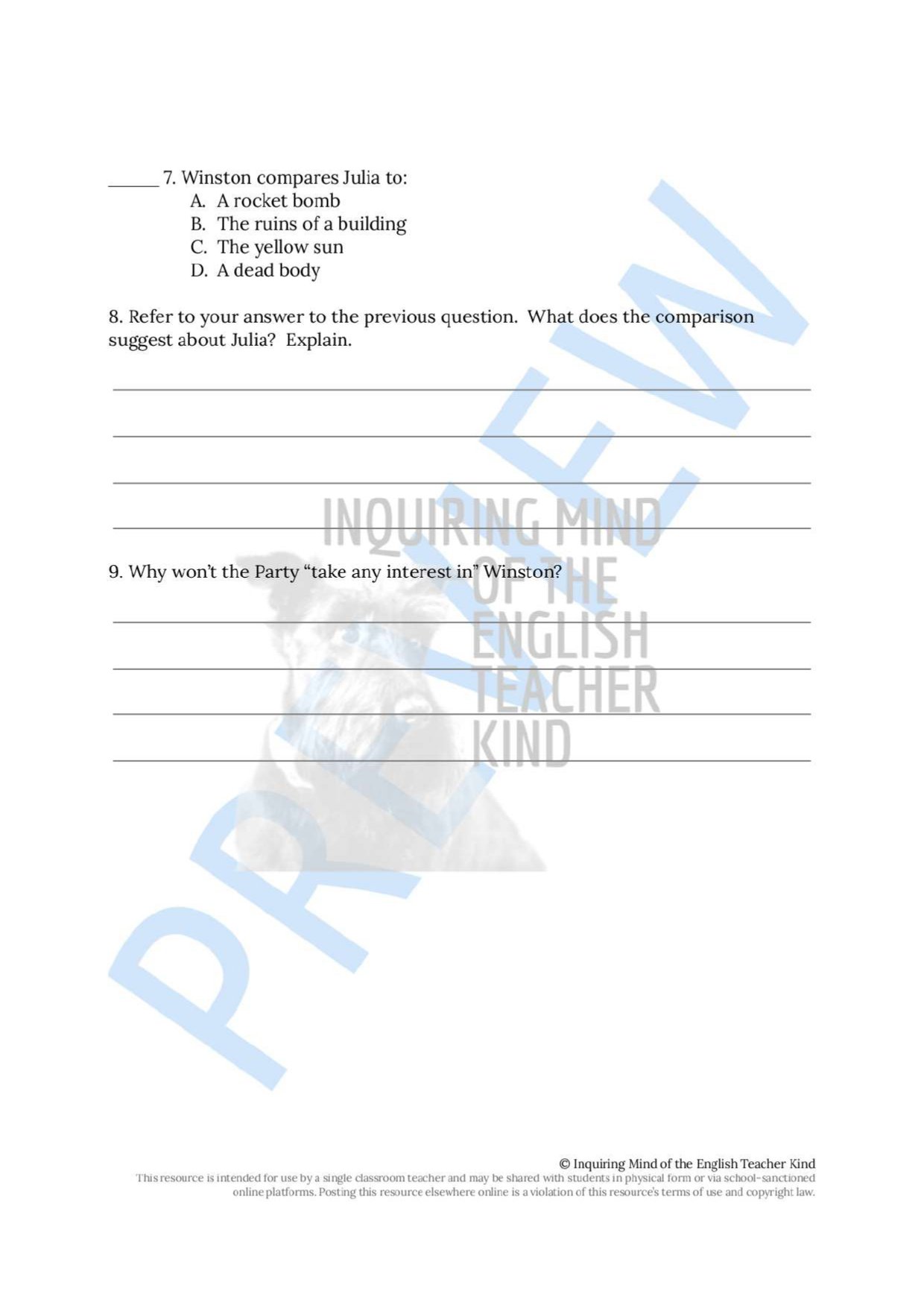 Image 28 of 36
Image 28 of 36

 Image 29 of 36
Image 29 of 36

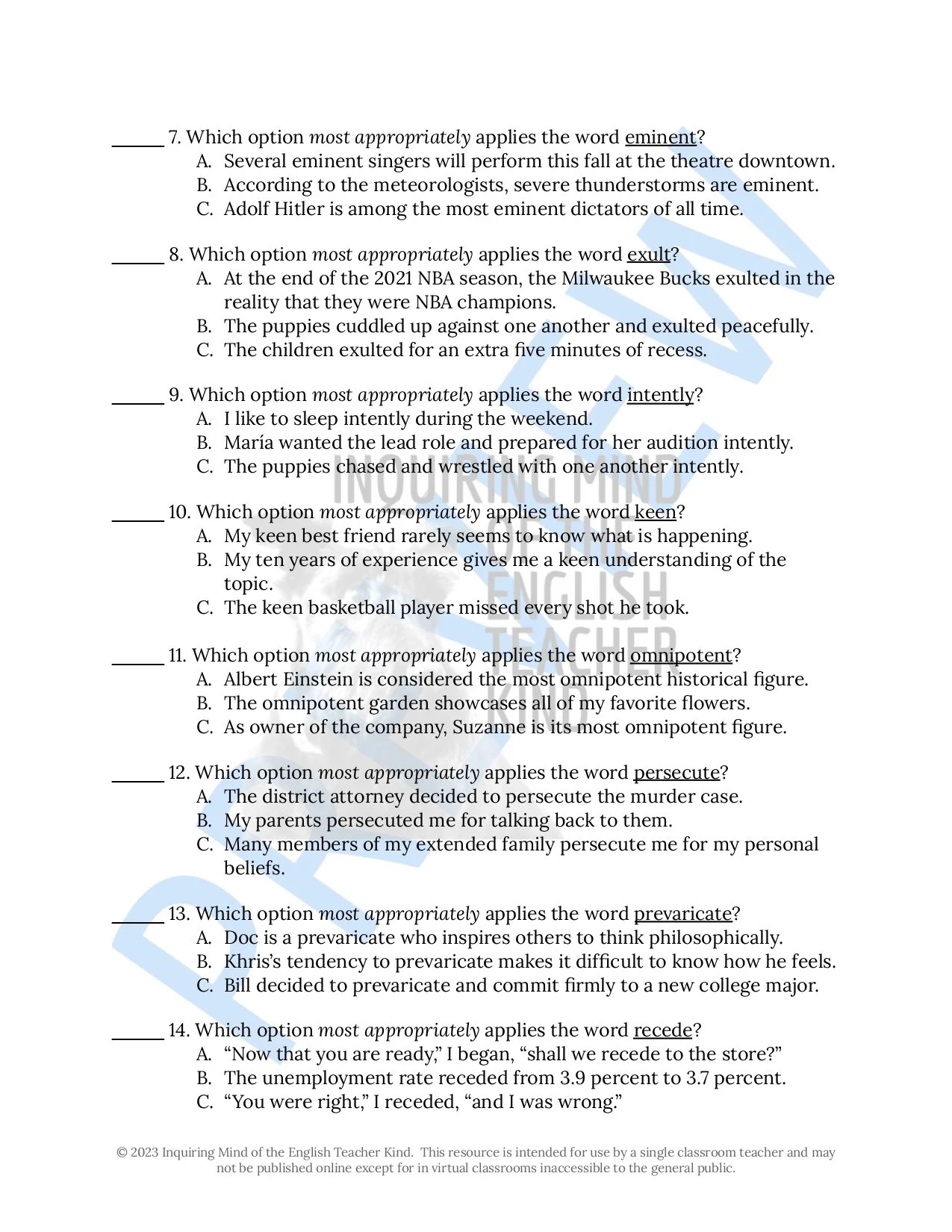 Image 30 of 36
Image 30 of 36

 Image 31 of 36
Image 31 of 36

 Image 32 of 36
Image 32 of 36

 Image 33 of 36
Image 33 of 36

 Image 34 of 36
Image 34 of 36

 Image 35 of 36
Image 35 of 36

 Image 36 of 36
Image 36 of 36





































1984 Book 3 Quiz, Close Reading, Vocabulary Games, and Answer Keys Bundle
Evaluate reading comprehension, support vocabulary development, and promote critical thinking skills with this bundle of formative assessments covering Book 3 of George Orwell's dystopian novel 1984. Plot-based quizzes, close reading analysis worksheets, crossword puzzles, word search games, a vocabulary application activity, and answer keys are provided. Materials are delivered in Word Document and PDF formats. (Alternatively, a Google Drive bundle option is available.) By engaging with these materials, students will do the following:
Identify what the text states explicitly as well as implicitly
Define words and phrases as they are used in the text
Discern the intended effects of the author's diction and stylistic choices
Explore how complex characters think, behave, develop, and interact
Apply knowledge of literary devices including oxymoron, anaphora, situational irony, euphemism, personification, metaphor, simile, and more
Discern the functions of given passages
Support claims and inferences with sound reasoning and relevant evidence
Write about literature with clarity, accuracy, and precision
These resources may facilitate small-group discussions in which students decode language and pose/respond to questions relating to plot, broad topics, and character development. Using these activities for structured guidance, students will improve their ability to present information, conclusions, and supporting textual evidence clearly and convincingly.
Materials are available for a range of dystopian and science fiction texts:
Evaluate reading comprehension, support vocabulary development, and promote critical thinking skills with this bundle of formative assessments covering Book 3 of George Orwell's dystopian novel 1984. Plot-based quizzes, close reading analysis worksheets, crossword puzzles, word search games, a vocabulary application activity, and answer keys are provided. Materials are delivered in Word Document and PDF formats. (Alternatively, a Google Drive bundle option is available.) By engaging with these materials, students will do the following:
Identify what the text states explicitly as well as implicitly
Define words and phrases as they are used in the text
Discern the intended effects of the author's diction and stylistic choices
Explore how complex characters think, behave, develop, and interact
Apply knowledge of literary devices including oxymoron, anaphora, situational irony, euphemism, personification, metaphor, simile, and more
Discern the functions of given passages
Support claims and inferences with sound reasoning and relevant evidence
Write about literature with clarity, accuracy, and precision
These resources may facilitate small-group discussions in which students decode language and pose/respond to questions relating to plot, broad topics, and character development. Using these activities for structured guidance, students will improve their ability to present information, conclusions, and supporting textual evidence clearly and convincingly.
Materials are available for a range of dystopian and science fiction texts:
Preview these resources.




















